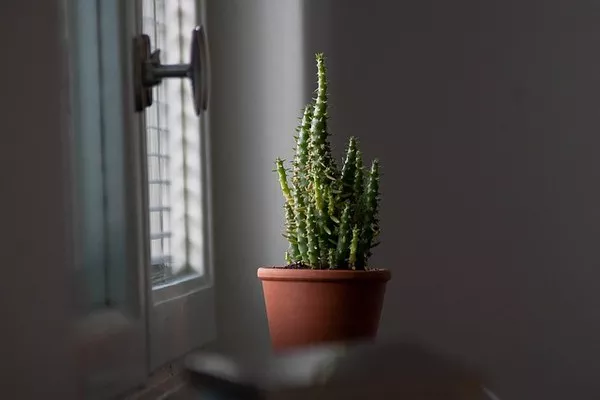Succulents have become a popular choice among plant enthusiasts due to their striking appearance, low maintenance requirements, and ability to thrive in various environments. However, for households with feline companions, it’s essential to consider the safety of these plants, as some succulents can pose a threat to cats if ingested. In this article, we will explore a selection of cat-friendly succulents that can coexist harmoniously with your four-legged friends while adding a touch of natural elegance to your living space.
Understanding the Appeal of Succulents
Succulents are known for their unique water-storing capabilities, making them highly adaptable to arid conditions. Their thick, fleshy leaves and stems allow them to retain water, enabling survival in environments where water is scarce. This attribute, combined with their captivating array of shapes and colors, has made succulents a favorite among plant enthusiasts, interior decorators, and homeowners alike.
The Feline Factor: Why Cat Safety Matters
Cats are naturally curious creatures and often explore their surroundings with their mouths. This behavior makes them susceptible to nibbling on plants, and unfortunately, not all plants are safe for feline consumption. Some succulents contain compounds that can be toxic to cats if ingested, leading to a range of symptoms from mild irritation to more severe health issues. Therefore, it’s crucial for pet owners to choose succulents that are not only visually appealing but also safe for their furry companions.
Cat-Friendly Succulents: A Selection
Echeveria: Echeverias are beloved for their rosette-shaped clusters of thick leaves, which come in various shades of green, blue, and even pink. These succulents are non-toxic to cats and can be an excellent addition to your indoor or outdoor garden.
Haworthia: With their striking patterns and compact growth, Haworthias are an ideal choice for cat owners seeking a safe succulent option. These plants are non-toxic and come in a wide range of visually appealing varieties.
Sempervivum (Hens and Chicks): Known for their ability to produce small offshoots (chicks) around a larger central rosette (hen), Sempervivums are visually captivating and safe for cats. Their unique growth pattern adds an interesting dynamic to your succulent collection.
Calendula Officinalis (Marigold): While not a traditional succulent, marigolds are often included in succulent arrangements due to their drought-tolerant nature. Marigolds are not only safe for cats but also add vibrant pops of orange and yellow to your plant display.
Sedum: Sedums, commonly referred to as stonecrop, are another safe option for cat owners. These succulents feature a diverse range of shapes and colors, from trailing varieties to more upright growth forms.
Crassula Ovata (Jade Plant): Jade plants are renowned for their symbolic significance and are believed to bring good luck and prosperity. Fortunately, these plants are safe for cats and can be grown both indoors and outdoors.
Opuntia (Prickly Pear Cactus): For those looking to incorporate a unique cactus into their succulent collection, the prickly pear cactus is a safe choice. Its distinctive pads and vibrant flowers can add a touch of desert flair to your space.
Creating a Cat-Friendly Environment
While these succulents are generally considered safe for cats, it’s still important to take precautions to prevent unwanted nibbling. Cats are known for their agility, so placing plants in areas that are difficult for them to access, such as high shelves or hanging planters, can help safeguard your succulents and your pets. Additionally, providing plenty of appropriate chewing alternatives, such as cat grass or toys, can redirect your feline friend’s attention away from your plants.
Recognizing Toxic Succulents
While the succulents mentioned above are safe for cats, it’s equally important to be aware of potentially toxic varieties that should be avoided. Some succulents, such as Kalanchoe, Crassula Arborescens (Silver Jade Plant), and certain types of Euphorbias, contain compounds that can be harmful to cats if ingested. If you’re unsure about the safety of a specific succulent, it’s best to consult with a veterinarian or plant expert before introducing it into your home.
Conclusion
Creating a harmonious living space that accommodates both your love for succulents and your feline companions is entirely achievable. By selecting cat-friendly succulents and taking preventive measures to discourage nibbling, you can enjoy the beauty of these resilient plants without compromising your pets’ well-being. The growing popularity of succulents offers a wide array of options to choose from, allowing you to curate an aesthetically pleasing and safe environment that reflects your personal style while nurturing the bond between you and your beloved cats.


